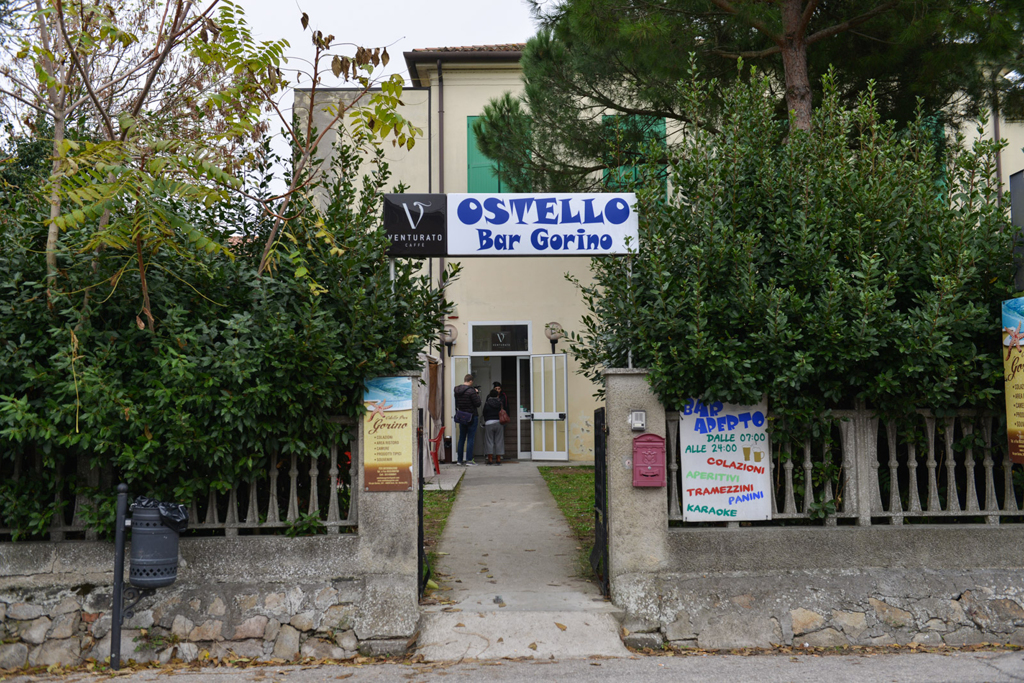
On October 24, 2016, the Prefect of Ferrara ordered the partial seizure of the hostel-bar “Love and Nature” located in Gorino, in order to allocate six rooms of the structure to accommodate 12 women and 8 children from Nigeria, Ivory Coast and Guinea.
Some citizens of Gorino and some neighbouring villages decide to block with cars, pallets and iron cans the three access points to the country to prevent the arrival of asylum seekers and their children. With the arrival of the evening, the number of people occupying the streets grows over two hundred. Nicola Lodi, a well-known local representative of the Northern League, “famous” for the patrols organized at the Roma camps, is among the voices that give more visibility and support to the protest with his presence and through social media. The bus with women and children on board is stuck in Comacchio. Meanwhile, a long negotiation between Carabinieri, Prefect, Mayor and residents starts. The Prefect, at the end, decides to give up the transfer and temporarily lodge women and children elsewhere. The facts of Gorino are a clear example of the effects that a certain type of narratives, developed in the media and in public debate, can have on the collective imagination and how they can fuel attitudes of hostility and violence. They aren’t limited to vocabulary, but they permeate, circumscribe and inform a certain way of acting and interacting with “the migrant”, often de-humanized with rhetoric of otherness. This contribution, which can be downloaded below, illustrates some of these important passages.


